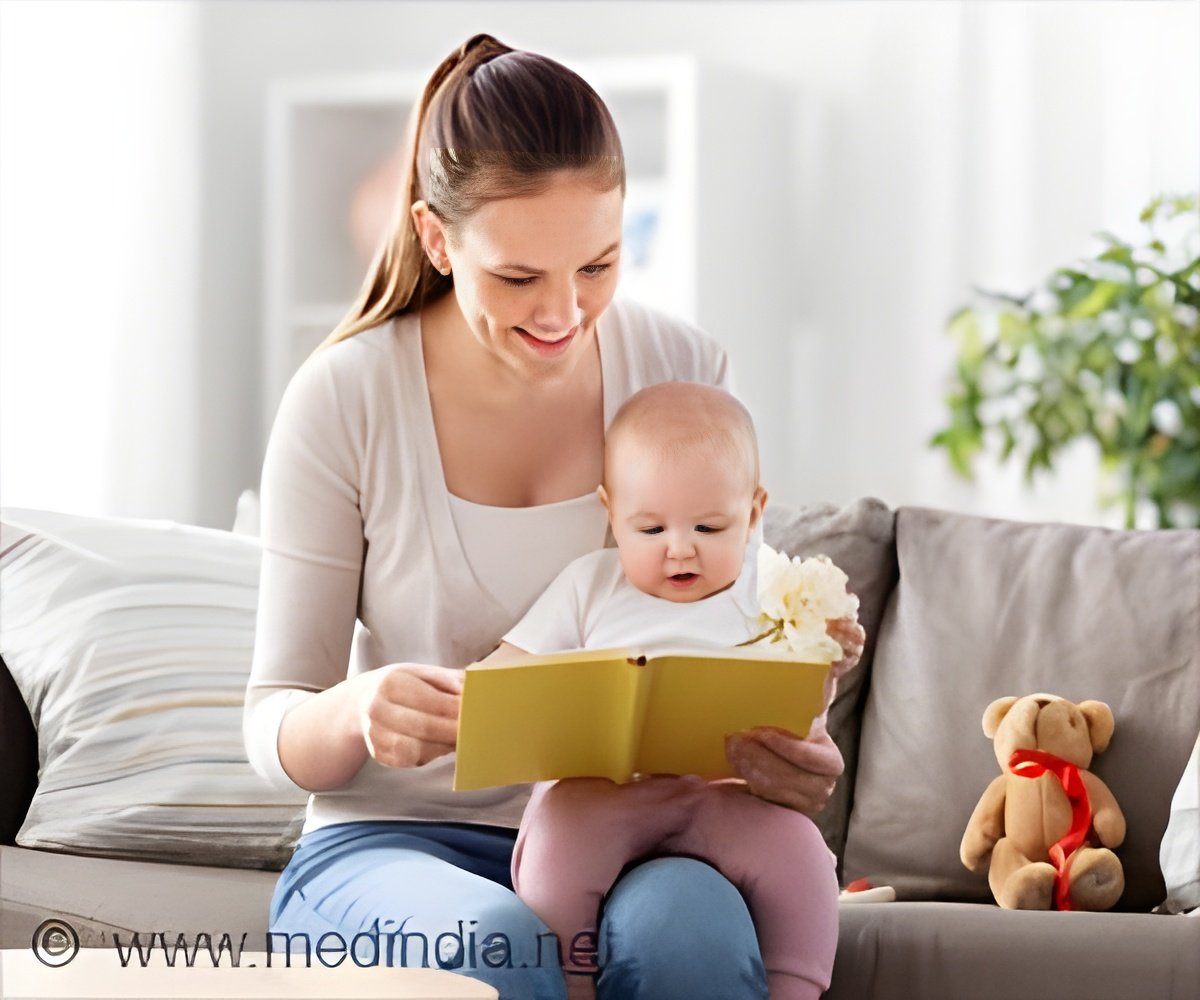Pediatricians recommend reading aloud with young children as a way to strengthen bonds and support brain development.

Shared Reading Boosts Early Brain Development
Go to source). Pediatricians recommend parents read aloud with their children to strengthen bonds and encourage early development, offering guidance and books during well-child visits.
‘Did You Know?
Children exposed to reading from an early age have a 60% higher vocabulary by age 3 compared to those who are not. #reading #infancy #parenting’





The policy statement, “Literacy Promotion: An Essential Component of Primary Care Pediatric Practice,” marks the first update in AAP recommendations since 2014. Children exposed to reading from an early age have a 60% higher vocabulary by age 3 compared to those who are not. #reading #infancy #parenting’
Given the extraordinary amount of research in this area, an accompanying new technical report reviews the evidence for shared reading as a way to strengthen and nurture relationships, stimulate brain circuitry, and create early attachments.
“Reading together with young children weaves joyful language and rich interactive moments into the fabric of daily life,” said Perri Klass, MD, FAAP, lead author of both statements.
“As a pediatrician and parent, I suggest making books your bedtime routine, using them to connect and wind down after a busy day, and generally building them into life with a young child. It will strengthen the bonds that hold you together, and build your child’s developing brain.”
Fostering Connection and Growth
The policy statement, written under the auspices of the AAP Council on Early Childhood, will be published on Sunday, Sept. 29 in Pediatrics online during the AAP 2024 National Conference & Exhibition in Orlando, FL. Claudia Aristy and Dr. Klass will discuss the policy during a plenary session, “Turning Pages Together: How Pediatricians Rewrote the Book on Early Literacy,” from 10:30-noon ET Sunday in the Orange County Convention Center Valencia Ballroom.Advertisement
Policy statements and technical reports created by AAP are written by medical experts, reflect the latest evidence in the field, and go through several rounds of peer review before being approved by the AAP Board of Directors and published in Pediatrics.
“Turning the pages of a high-quality, print book filled with colorful pictures and rich, expressive language is best,” said Dipesh Navsaria, MD, MPH, MSLIS, FAAP, a co-author of the technical report and chair of the Council on Early Childhood.
“While touchscreens and other electronic devices may be popular, they are typically passive or solitary experiences for children and do not offer the same benefits of interactivity and relationship-building.”
Supporting Early Childhood Development with Shared Books
The American Academy of Pediatrics recommends that pediatricians:- Encourage shared reading beginning at birth and continuing at least through kindergarten, including, when possible, in the NICU.
- Develop skills to discuss with parents strategies for mutually joyful and developmentally appropriate reading activities. Encourage meaningful, language-rich engagement with books, pictures, and the written word, and model techniques to prompt reciprocal, responsive, positive experiences.
- Provide high-quality, developmentally and linguistically appropriate, and culturally diverse books at health supervision visits for all young children.
- Place the highest priority on offering books for children from low-income families who may lack access to them.
- Support the AAP recommendation of limited screen use in early childhood with an emphasis on print books for young children. Digital books do not foster equivalent parent-child interactions. If screen-based reading or audiobooks are used, recommended parents include reciprocal interactions with their children around these digital activities to promote relational connection and enhance child learning.
- Emphasize the value of books representing diverse cultures, characters, and themes for all children, and support the use of these books to generate conversations about cultural pride, inclusion, belonging, and equity.
- Incorporate guidance and encouragement about reading aloud even in child well visits when books may not be readily available, including when primary care is provided virtually.
- Advocate toward establishing public and private funding for diverse high-quality, developmentally appropriate children’s books to be provided at pediatric health supervision (wellness) visits to all children.
These are all qualities that profoundly shape school readiness, success, and thriving across the lifespan.
“Research tells us that reading proficiency by third grade is a significant predictor of high school graduation and career success,” Dr. Klass said.
“Children who first encounter books in the arms of their parents, when they are very young, arrive at school associating books and reading with lap-time, a sense of security, interactions, stories, rhymes and entertainment, and above all with the beloved voices of the adults with whom they have those all-important early relationships.”
Reference:
- Shared Reading Boosts Early Brain Development - (https://neurosciencenews.com/shared-reading-brain-development-27719)
Source-Eurekalert









